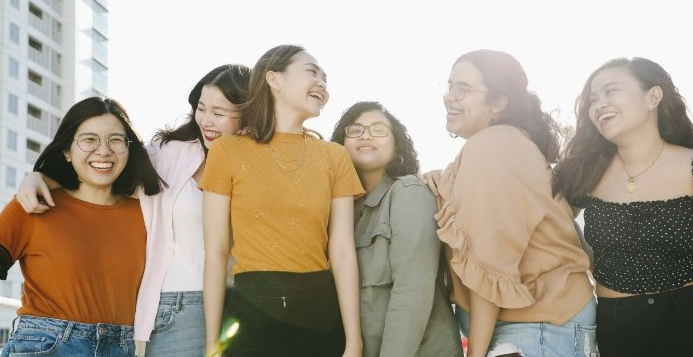By Kai Curry
NORTHWEST ASIAN WEEKLY
It’s a pressing concern: How does an individual, a family, and an entire community heal from the impact of a hate crime?
It’s a question that multiple Asian American and Pacific Islander (AAPI) organizations have been tackling not just since the pandemic, but even more since the pandemic, a question that AAPI Equity Alliance’s HOPE Program hopes to answer. Ethnic Media Services hosted an online program for journalists on May 31, the last day of Asian and Pacific American Heritage Month.
HOPE stands for “Healing Our People through Engagement” and it operates “through culturally centered community-based groups made up of representatives of the Cambodian, Chinese, Filipino, Korean, and Vietnamese populations.”
The briefing invited the moderators of these sessions, all AAPIs themselves, not necessarily formally trained in counseling or psychology, but united in compassion and empathy, to speak on the experience of the first run of group sessions in this state funded program.
“They have experience from hate,” said Ethnic Media Services (EMS) co-director Julian Do. “The whole program is adopted from Black liberation, psychologists, a radical healing framework, which helps people of color deal with generations of racial trauma and develop a shared understanding and collective response to ongoing racism.” The hope for HOPE is that it will eventually be rolled out across the country.
Michelle Wong, the managing director of programs at the AAPI Equity Alliance, started off with HOPE’s raison d’être.
“At the height of the pandemic…the Asian American community endured episodes of brutality on a scale not seen for generations in this country. They were scapegoated by politicians for transmission of COVID-19, targeted for violent physical attacks, made to feel unsafe, unwelcome in their own communities, and bullied and ridiculed by neighbors and strangers alike.” A co-founder of Stop AAPI, Wong and her…
Read the full article here





